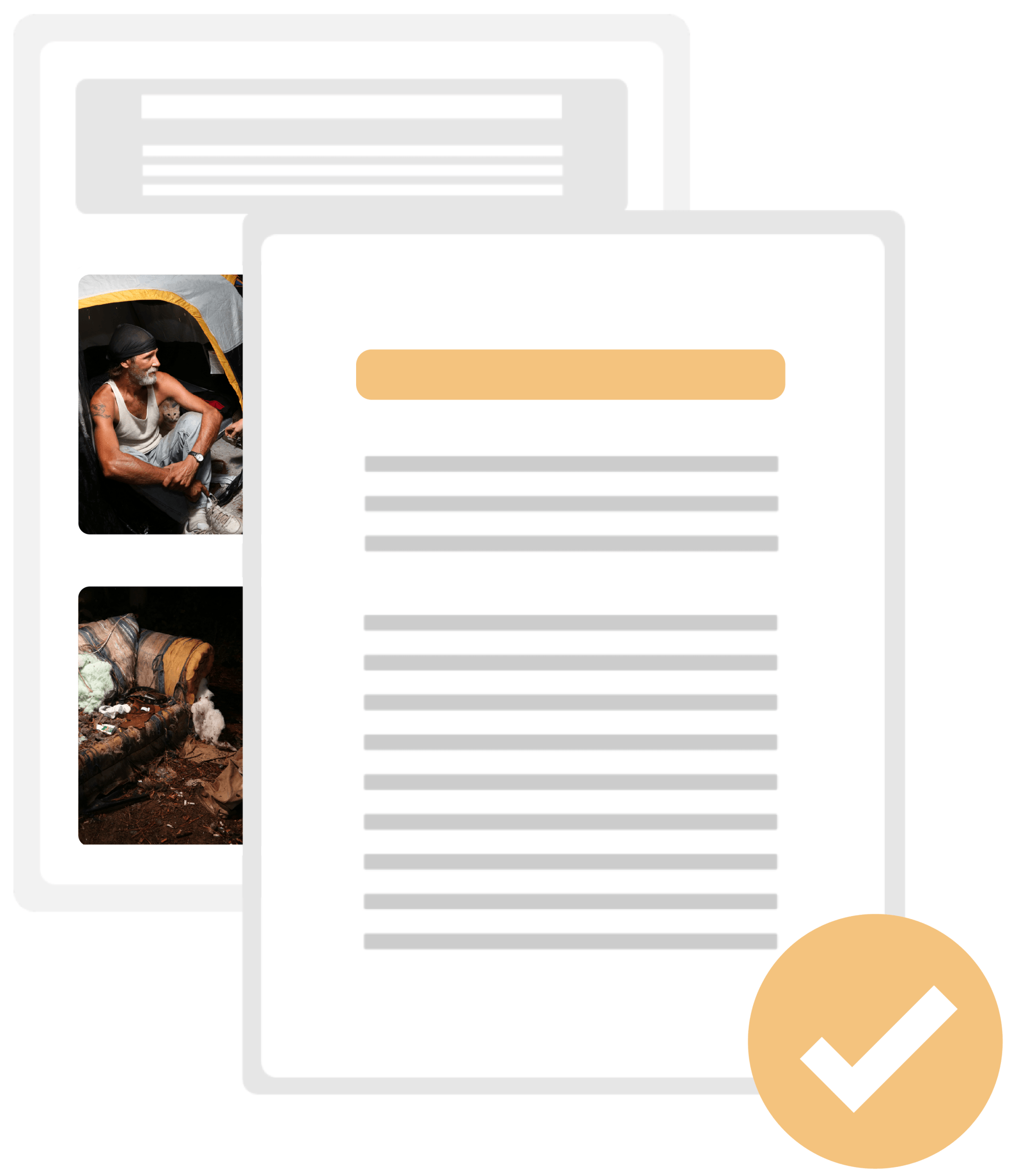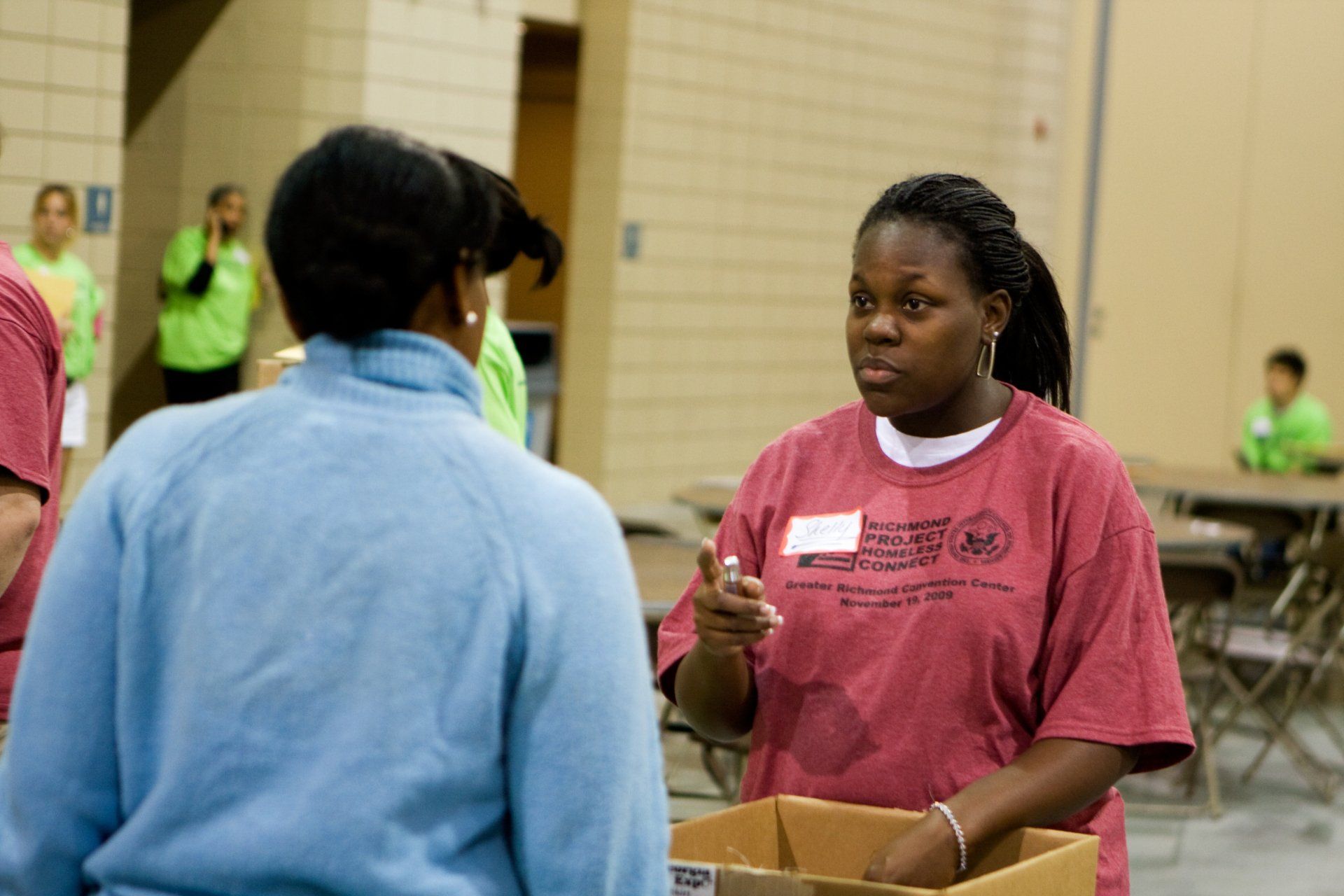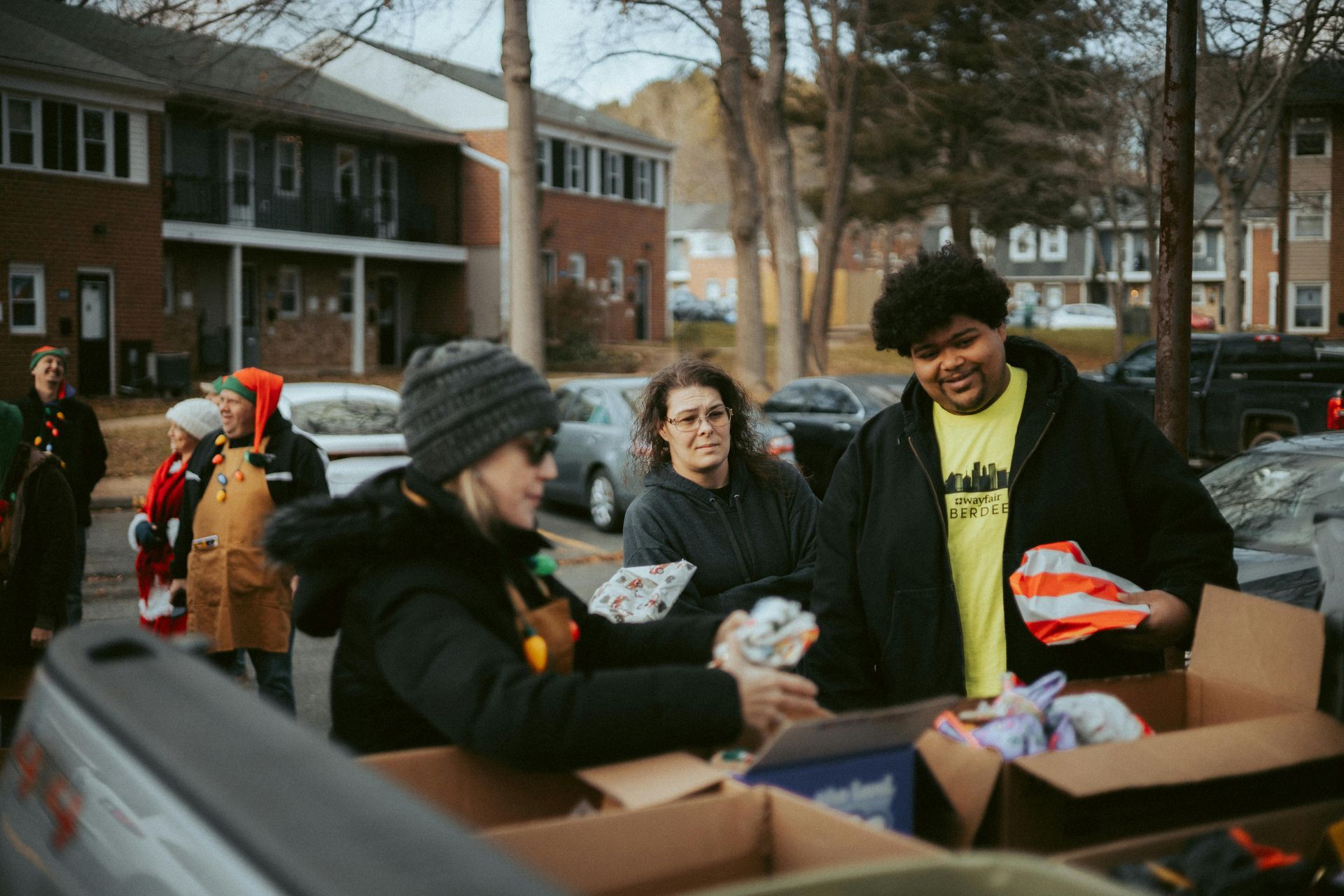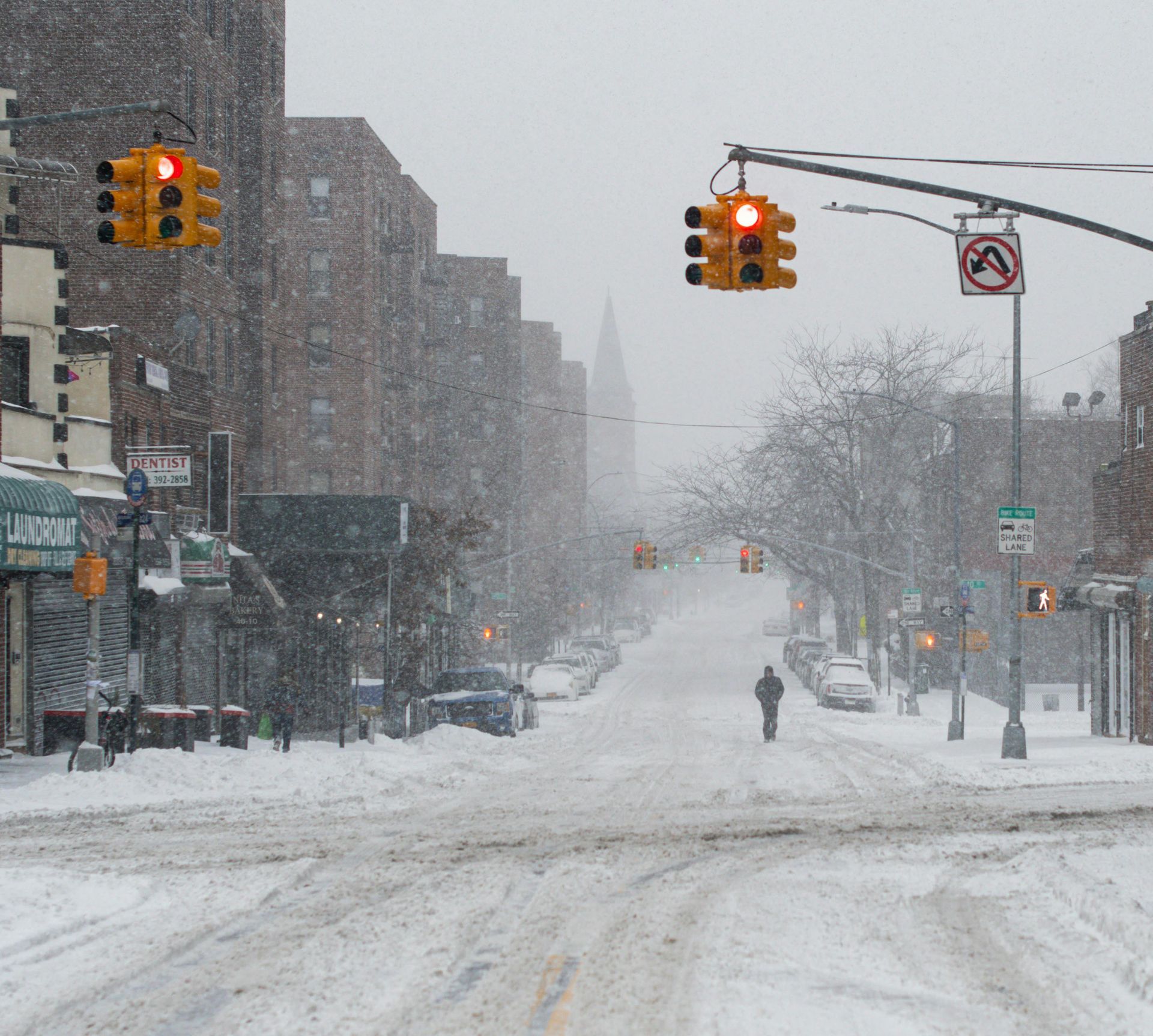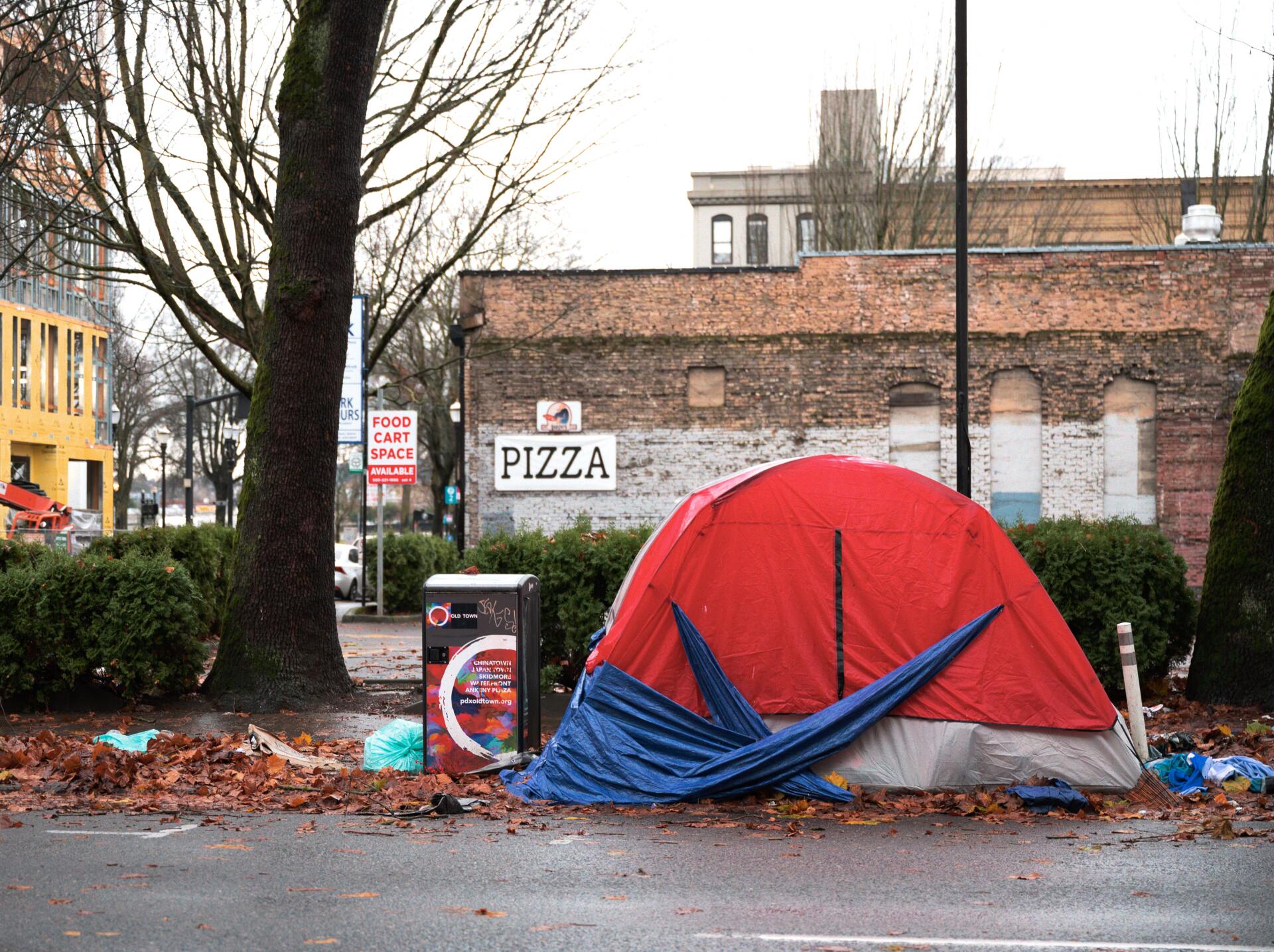Greater Richmond Regional Street Sheets
Street Sheets are a resource for individuals and families in crisis to obtain needed services.
January 2025
Point-in-Time Count Preliminary Data
Understanding what regional data says about individuals and families experiencing homelessness is critical in building an effective community-wide response. For this reason, the U.S. Department of Housing and Urban Development (HUD) requires communities to conduct periodic counts of people experiencing homelessness.
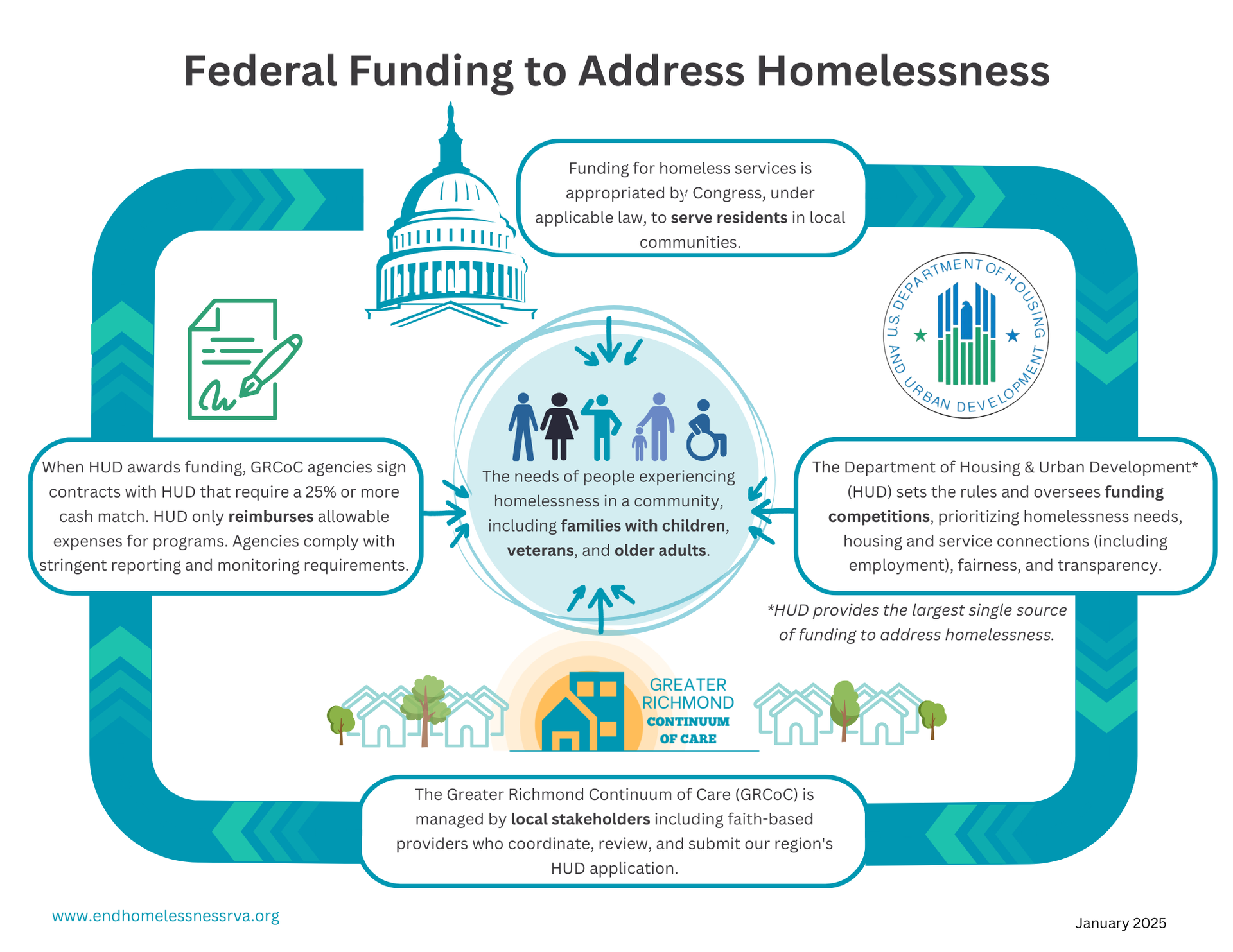
Greater Richmond Regional Street Sheets
Street Sheets are a resource for individuals and families in crisis to obtain needed services.
Winter 2021
Point-in-Time Count Preliminary Data
Understanding what regional data says about individuals and families experiencing homelessness is critical in building an effective community-wide response. For this reason, the U.S. Department of Housing and Urban Development (HUD) requires communities to conduct periodic counts of people experiencing homelessness.
Blog Updates
Having regular and accurate local data is key to developing targeted strategies and appropriate long-term solutions to homelessness. Check out our most recent articles.
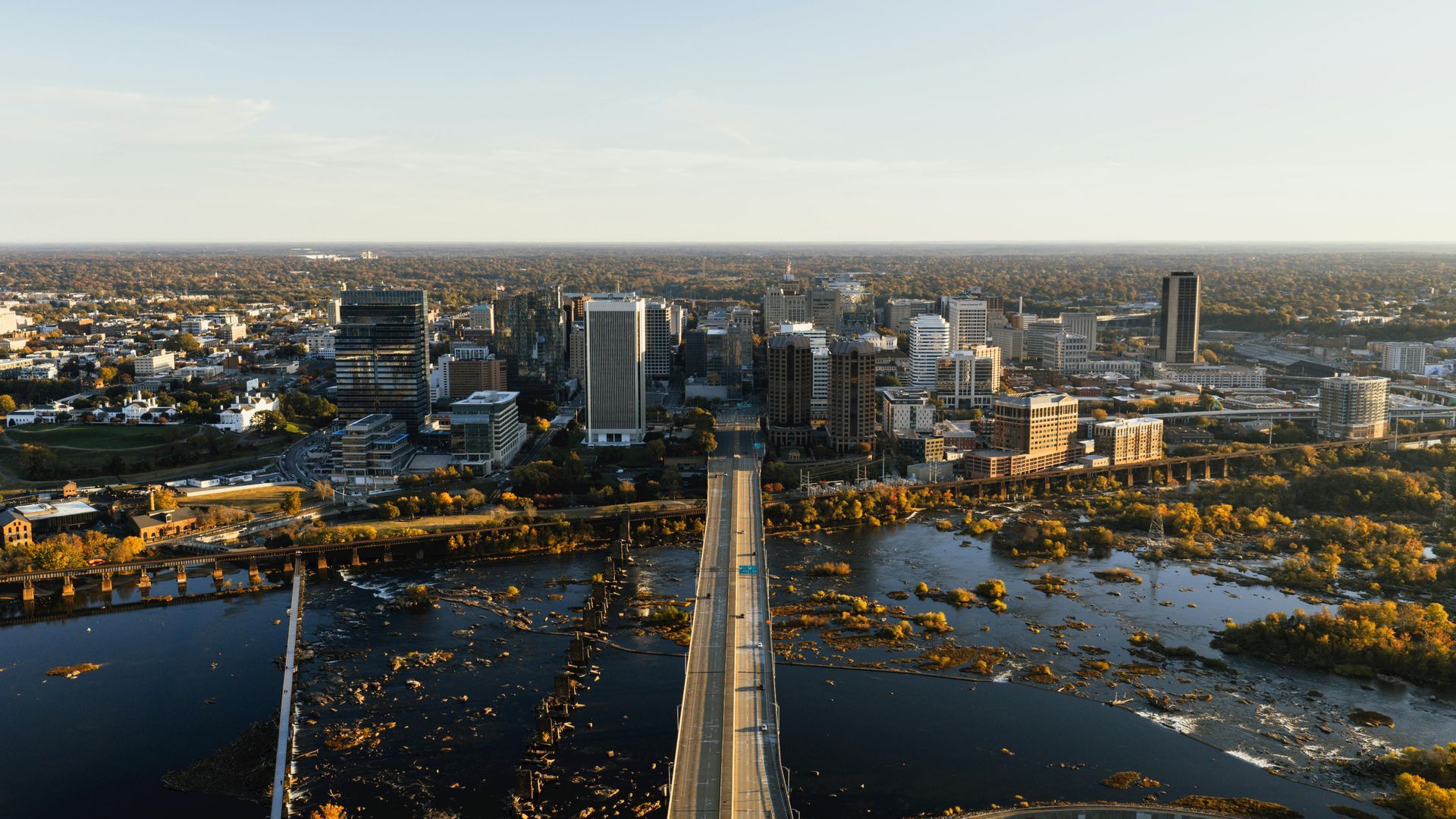

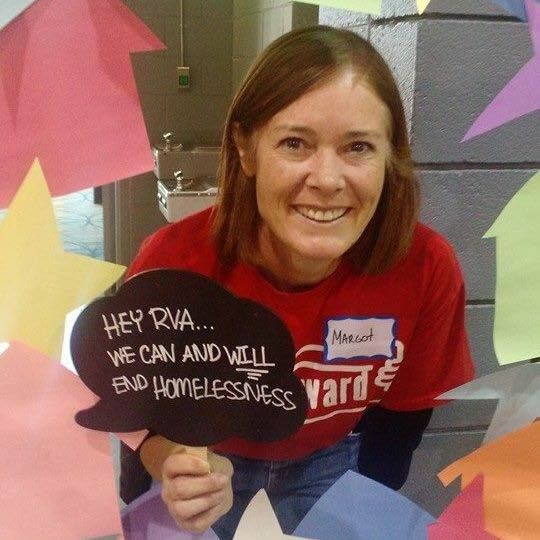
Blog Updates
We know that having regular and accurate local data is key to developing targeted strategies and appropriate long-term solutions to homelessness. Check out our most recent articles.









